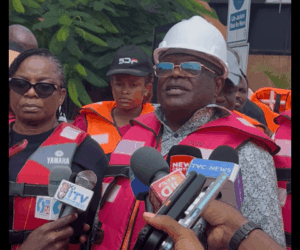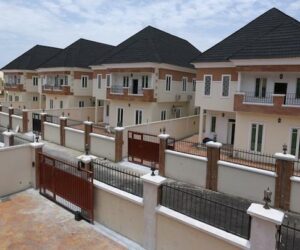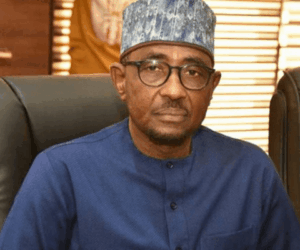Nigeria’s manufacturers are raising the alarm that the government’s reintroduction of a four per cent Free on Board (FOB) charge on imports risks pushing the sector deeper into crisis, fuelling inflation and driving costs far beyond what industries can bear.
Segun Ajayi-Kadir, president of the Manufacturers Association of Nigeria (MAN), in a statement said the levy, which applies to the value of all imports, would further increase the cost of raw materials and machinery that are not available locally.
“Clearly the cost will be passed on to consumers and this will fuel inflation, which already stands at 21.88 per cent as at July 2025, and undermine the prevailing struggle with high inflation,” he warned.
According to him, manufacturers had already been grappling with delays caused by glitches on the Nigeria Customs Service’s B’Odogwu platform, which has slowed cargo clearance to a crawl and left many companies incurring heavy demurrage while factories suffer stock-outs.
Although Customs has promised improvements, Ajayi-Kadir said the problems persist and “the attendant hardship for manufacturers and other users continues to mount.”
Read also: Stakeholders say raw shea nut export ban a win for Nigeria, West Africa
Beyond operational snags, MAN’s own technical assessment suggests that the new levy weighs more heavily on industry than the previous system of a seven per cent surcharge and a one per cent CISS levy, which were calculated differently.
“The cost burden of the 4.0 per cent charge on manufacturing concerns is enormously higher,” he said, noting that in practice the new regime punishes essential industrial imports while offering no real advantage in revenue generation.
Ajayi-Kadir pointed out that comparable West African economies such as Ghana, Côte d’Ivoire and Senegal keep their inspection and collection fees in the range of 0.5 to 1 per cent, applying higher levies only to luxury goods. By contrast, Nigeria’s blanket four per cent charge risks encouraging smuggling, under-declaration, and cargo diversion across porous borders.
The warning comes at a time when manufacturers are already stretched thin by multiple pressures: an exchange rate above N1,540 to the dollar, energy costs that swallowed more than N1.1 trillion in 2024, and lending rates north of 35 per cent. “Introducing a blanket 4.0 per cent FOB charge under the prevailing tough economic conditions is not industry-friendly and certainly not development-oriented,” he said.
The policy, MAN argues, runs against the spirit of the government’s own economic blueprints, including the Renewed Hope Agenda and the National Development Plan, both of which emphasise lowering production costs, diversifying the economy, and strengthening local value chains.
The association is calling for the levy to be halted and for an impact assessment to be carried out before the end of 2025, with full consultation of stakeholders to determine a charge that balances Customs’ revenue goals with industrial competitiveness. In the meantime, MAN wants the previous regime of one per cent CISS and seven per cent collection fee restored.
“The future of the Nigerian economy highly depends on its capacity to upscale production, improve exports of manufactured goods and attract steady investment,” Ajayi-Kadir said. “No economy can achieve steady growth and sustained development without a functional and highly productive manufacturing sector.”









